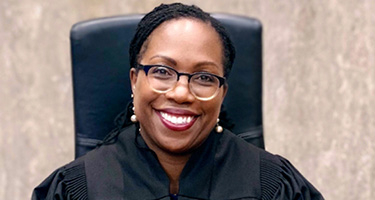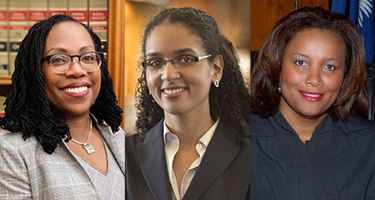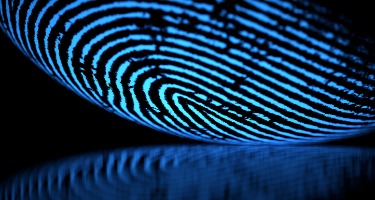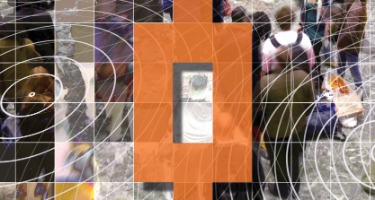Many Americans now use cell phones as an integral part of their everyday lives. Information about the people we know, places we go, and things we do are systematically cataloged and stored on one convenient little device. Cell phones could potentially serve as an invaluable tool for law enforcement during an arrest and subsequent criminal investigation. In 2014, the Supreme Court held that law enforcement officers must (generally) obtain a search warrant before cell phones can be searched in an investigation. This fall the Supreme Court will have another chance to answer questions about the relationship between cell phone use and Fourth Amendment privacy protections. Specifically, they will be asked if police must also be required to obtain a warrant to secure cell phone data and location records.
The Supreme Court’s decision will definitely impact the criminal justice system in one way or another. If the Supreme Court determines that a warrant based on probable cause is required to retrieve cell phone data and location records, criminal defendants will retain fairly strong Fourth Amendment rights. If the Supreme Court determines that a warrant is not required to retrieve such records, criminal defendants face a new hurdle in defeating criminal charges.
What makes something a protected interest under the Fourth Amendment? The text of the amendment states that the people have the right “to be secure in their persons, houses, papers, and effects, against unreasonable searches and seizures.” The only way this right can be pierced is with a particular warrant based on probable cause. Over the years, the scope of which interests are protected by this text has slowly been defined. Courts have held that the Fourth Amendment “protects people, not places.” This has helped to expand privacy rights to things like electronic communications and cell phones.
Here, the Supreme Court will have to determine if this protection extends to cell phone data and location records. In order to accomplish this, the court will likely employ the two-prong test developed in Smith v. Maryland. The court will consider:
- If the defendant exhibited an actual expectation of privacy; and
- If society is prepared to recognize that this expectation of privacy is reasonable.
Essentially, the court will try to determine if Americans expect that the information generated by the use of their personal cell phone will remain private. The contents on the cell phone itself are subject to Fourth Amendment protections. The question now becomes whether the information that is generated by the use of the cell phones should also be protected.
The case that has prompted this question stems from the conviction of a man for his role in a string of armed robberies. Police, using a provision of the Stored Communications Act, requested cell phone location data from his service provider. An analysis of the location data then allowed police to connect the defendant to the string of robberies. He was convicted, in large part, because of this cell phone location information.
The fact that law enforcement used the Stored Communications Act to sidestep the warrant requirement is interesting. The Stored Communications Act allows law enforcement to request this type of third-party stored information on the basis of reasonable suspicion. This is significantly less burdensome than the probable cause requirement for a search warrant. If police thought that cell phone location information was a gray area—in terms of the Fourth Amendment—did they intentionally use the less restrictive Stored Communications Act provisions to circumvent a potential constitutional issue?
The Supreme Court’s upcoming decision will not only answer the question of whether cell phone location information is a protected interest under the Fourth Amendment, but also whether law enforcement can use these types of loopholes to essentially violate criminal defendants’ rights against unreasonable searches and seizures. A defendant’s expectation of and right to privacy must be upheld. This decision will either strengthen a defendant’s right to privacy or open the floodgates to eventually decimate it.
---------------------------
Gus Kostopoulos is an attorney and founder of Kostopoulos Law Group, a Chicago-based criminal defense firm. Mr. Kostopoulos is a former prosecutor with over 18 years’ helping those accused of a crime.
Phone: 312-883-4904
Email: info@kostlaw.com































